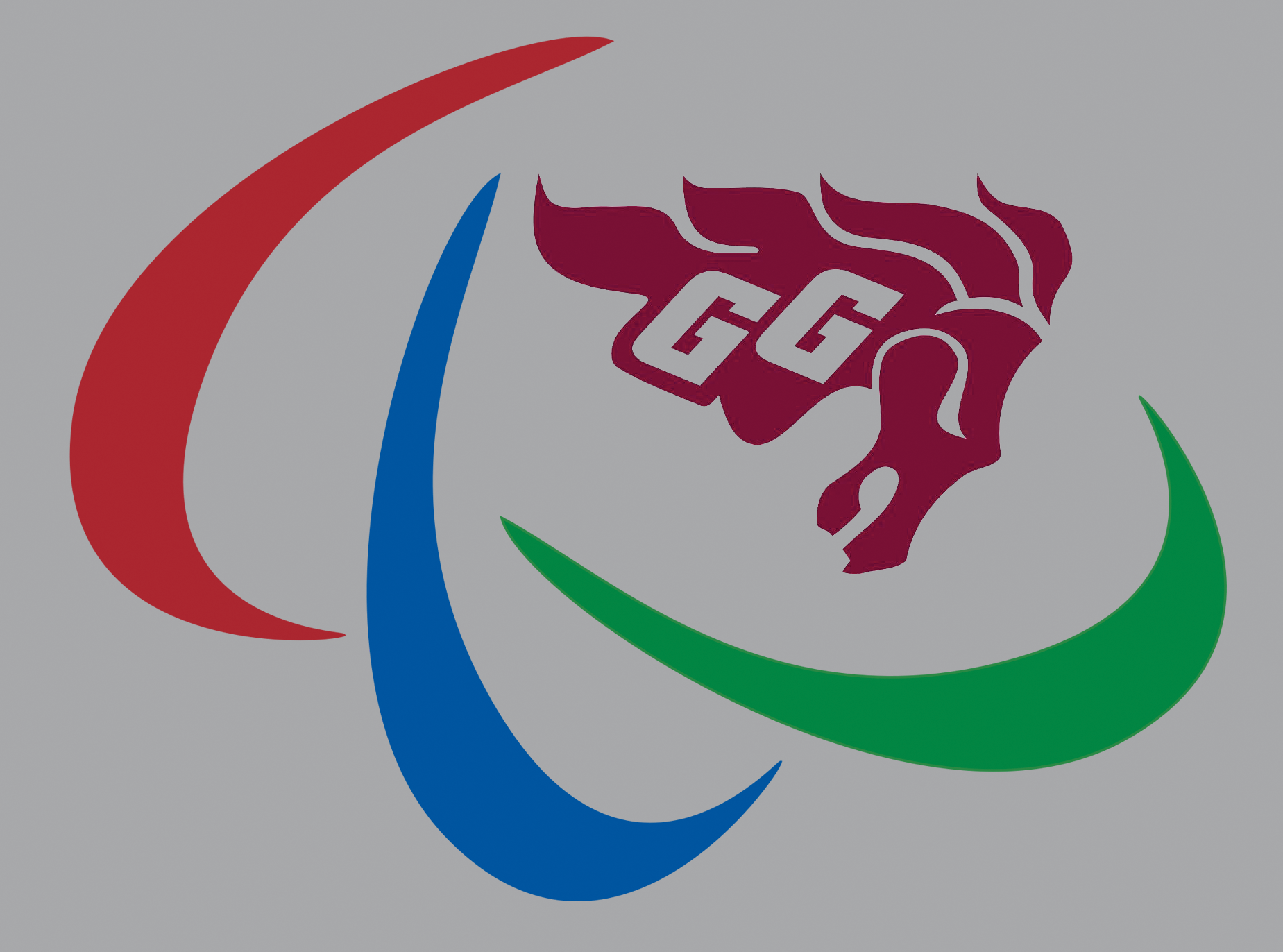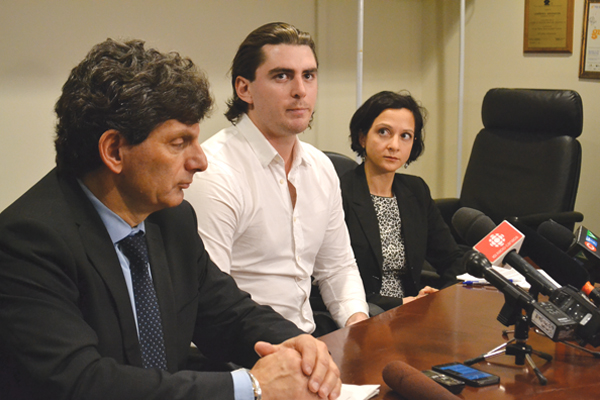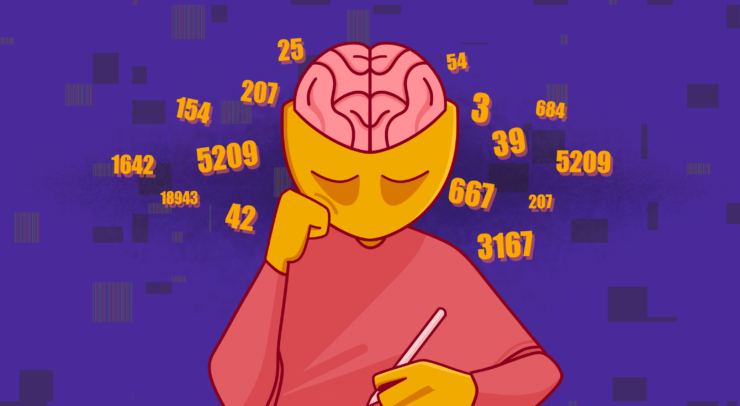Andrew Todd adapts to injuries, represents Canada at Paralympic summer games
While no all-star athlete can claim they had an easy road to competing among the elite, this is especially true for U of O alumnus and Paralympic bronze medalist rower Andrew Todd.
In 2013, while working towards his goal of competing on the Canadian lightweight men’s world championship rowing team, he faced a major setback after being hit by a school bus while cycling.
In an interview with the Fulcrum Todd explained that his injury was extremely tough, both mentally and physically.
“Among other injuries, I had multiple skin abrasions that required skin grafting. I shattered my pelvis in multiple locations. Half of my knee was destroyed and I required a bone donor to repair it, so I was on a transplant list to get that for quite some time.”
Todd also noted that he sustained nerve damage in his lower right leg, and part of his right calf muscle was surgically relocated across the knee joint, leaving his ankle function weak.
However, misfortune didn’t shatter Todd’s ambitions for too long. After undergoing an eight-month recovery period and more than 10 operations, he still made his passion for rowing a priority—something that shows in his performance at the summer games.
With this bronze medal finish in the LTA mixed coxed 4 in Rio—alongside teammates Victoria Nolan, Curtis Halladay, Meghan Montgomery, and Kristen Kit—Todd has brought home Canada’s first medal in rowing since the event was introduced to the Paralympic Games in 2008.
Todd said being successful in his sport against adversity wasn’t a matter of overcoming his injury. Instead, it was all about making adaptations to his training and lifestyle. The boats used during the team’s bronze-medal run were also adapted to suit Todd’s needs.
“I have some modifications in the boat as well as on the rowing machine and in the gym … a shim on one of my shoes and in the boat to account for my lack of range of motion in my right ankle and leg length discrepancy,” Todd explained.
Although it was difficult to mentally re-adjust his aim for the Paralympic games, and part with his original Olympic ambitions, Todd maintains that his experience in Rio wasn’t one he will soon forget.
“It was an amazing opportunity to just be here, given that when I had my accident in 2013 I wouldn’t have initially dreamed that I’d make it here,” said Todd. “It is truly special to be a part of something that is bigger than any one sport, and to be able to represent your country alongside other athletes.”
For students who have never even picked up an oar, but still face day-to-day challenges, Todd says his coach gave him important advice that he’s taken with him beyond his rowing endeavours: “You rarely will produce a result in a race that you haven’t already produced in practice.”
“If you don’t make every effort to do your best every day in practice or in life, you won’t know where your true limits actually are, and what you are truly capable of,” said Todd. “I believe this is an acquired and a practiced skill, and things rarely if ever happen by accident.”





